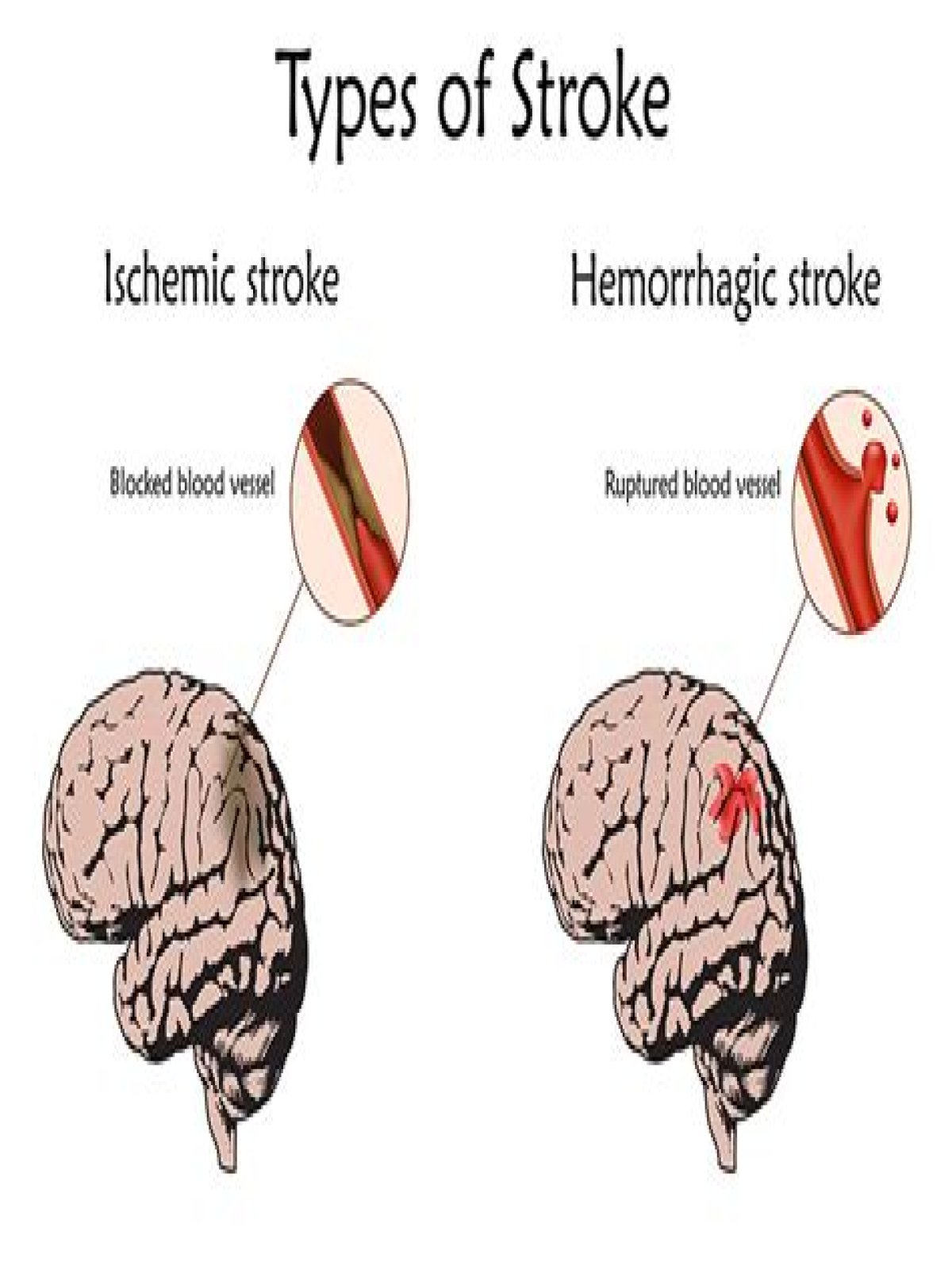Table of Contents
- What can cause mini strokes?
- Should I be worried about a mini-stroke?
- Do mini strokes lead to a major stroke?
- Can you recover from a mini-stroke?
- TIAs or mini strokes - what are the signs?
- What is the treatment after a mini-stroke?
- What should you do after a mini-stroke?
- How long do you stay in the hospital after a mini-stroke?
- What happens to your body when you have a mini-stroke?
- Can you live a long life after a mini-stroke?
- How do you tell if you've had a mini-stroke?
- What are five 5 signs symptoms that someone may be having a stroke?
- How do they test for mini strokes?
- Can stress bring on a mini-stroke?
- Are there warning signs days before a stroke?
- Do mini strokes show up on MRI?
- What are the chances of having a stroke after a mini-stroke?
- What happens in the first 3 days after a stroke?
- Do you need to be hospitalized for a mini-stroke?
- What does a mini-stroke feel like in your head?
- What happens if a mini stroke goes untreated?
- What is the difference between a mini stroke and a stroke?
- How long can you live after TIA?
- Can drinking water help prevent a stroke?
- What are the three S's of a stroke?
What can cause mini strokes?
What are the causes of a ministroke?
- high blood pressure (hypertension)
- narrowed arteries caused by plaque buildup (atherosclerosis) in or around the brain.
- smoking.
- diabetes.
- high cholesterol.
- obesity.
Should I be worried about a mini-stroke?
If you think you are having symptoms of a TIA or stroke, even if they don't last, get medical help right away. Think of a TIA as a temporary stroke that will cause no lasting damage. But the effects of a stroke can be serious and permanent.Do mini strokes lead to a major stroke?
June 16, 2005 -- Dutch researchers say minor strokes, or transient ischemic attacks (TIAs), are often followed by other strokes or heart attacks within the next decade.Can you recover from a mini-stroke?
Mini strokes resolve quickly and lead to a full recovery. However, while mini strokes themselves are not life-threatening events, they are a warning sign of a more serious stroke in the near future. Therefore, patients who experience a TIA should take immediate steps to address any stroke risk factors they may have.TIAs or mini strokes - what are the signs?
What is the treatment after a mini-stroke?
Your doctor may recommend prescription medications such as anti-hypertensives, cholesterol-reducing drugs or blood thinners, or an over-the-counter aspirin regimen. There are also cases where medical intervention is necessary in order to restore healthy blood flow to the brain.What should you do after a mini-stroke?
What should you do if you think you're having a TIA?
- Sozener: As soon as you have symptoms, you need to call 911 and get to a hospital. ...
- It's important to know that a TIA is an exceptionally common disease process, but many who experience a TIA don't get the therapy they need.
How long do you stay in the hospital after a mini-stroke?
The typical length of a hospital stay after a stroke is five to seven days. During this time, the stroke care team will evaluate the effects of the stroke, which will determine the rehabilitation plan.What happens to your body when you have a mini-stroke?
The disruption in blood supply results in a lack of oxygen to the brain. This can cause sudden symptoms similar to a stroke, such as speech and visual disturbance, and numbness or weakness in the face, arms and legs.Can you live a long life after a mini-stroke?
The good news is you absolutely can live a full life after a mini-stroke. Here's how. Like strokes, mini-strokes occur when a blockage occurs in a major artery to your brain, disrupting the flow of blood and oxygen. The difference is in a mini-stroke, the disruption lasts only minutes, so there's no permanent damage.How do you tell if you've had a mini-stroke?
The signs and symptoms of a TIA resemble those found early in a stroke and may include sudden onset of:
- Weakness, numbness or paralysis in the face, arm or leg, typically on one side of the body.
- Slurred or garbled speech or difficulty understanding others.
- Blindness in one or both eyes or double vision.
What are five 5 signs symptoms that someone may be having a stroke?
Warning Signs
- Numbness or weakness in your face, arm, or leg, especially on one side.
- Confusion or trouble understanding other people.
- Difficulty speaking.
- Trouble seeing with one or both eyes.
- Problems walking or staying balanced or coordinated.
- Dizziness.
- Severe headache that comes on for no reason.
How do they test for mini strokes?
Some of these tests include:
- Blood pressure tests. Your blood pressure will be checked, because high blood pressure (hypertension) can lead to TIAs.
- Blood tests. You might need blood tests to check whether you have high cholesterol or diabetes.
- Electrocardiogram (ECG) ...
- Carotid ultrasound. ...
- Brain scans.
